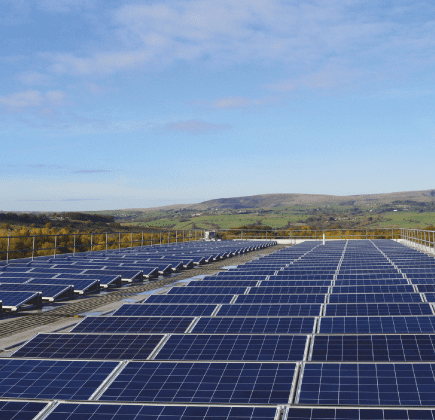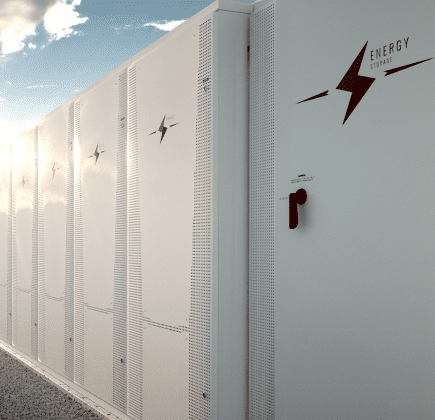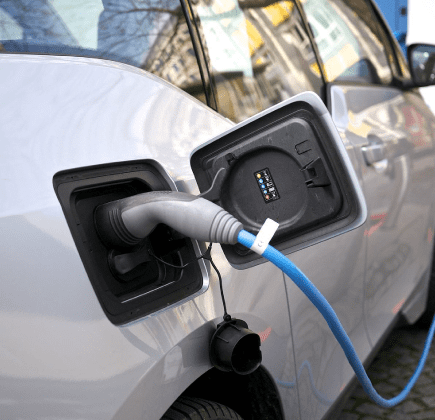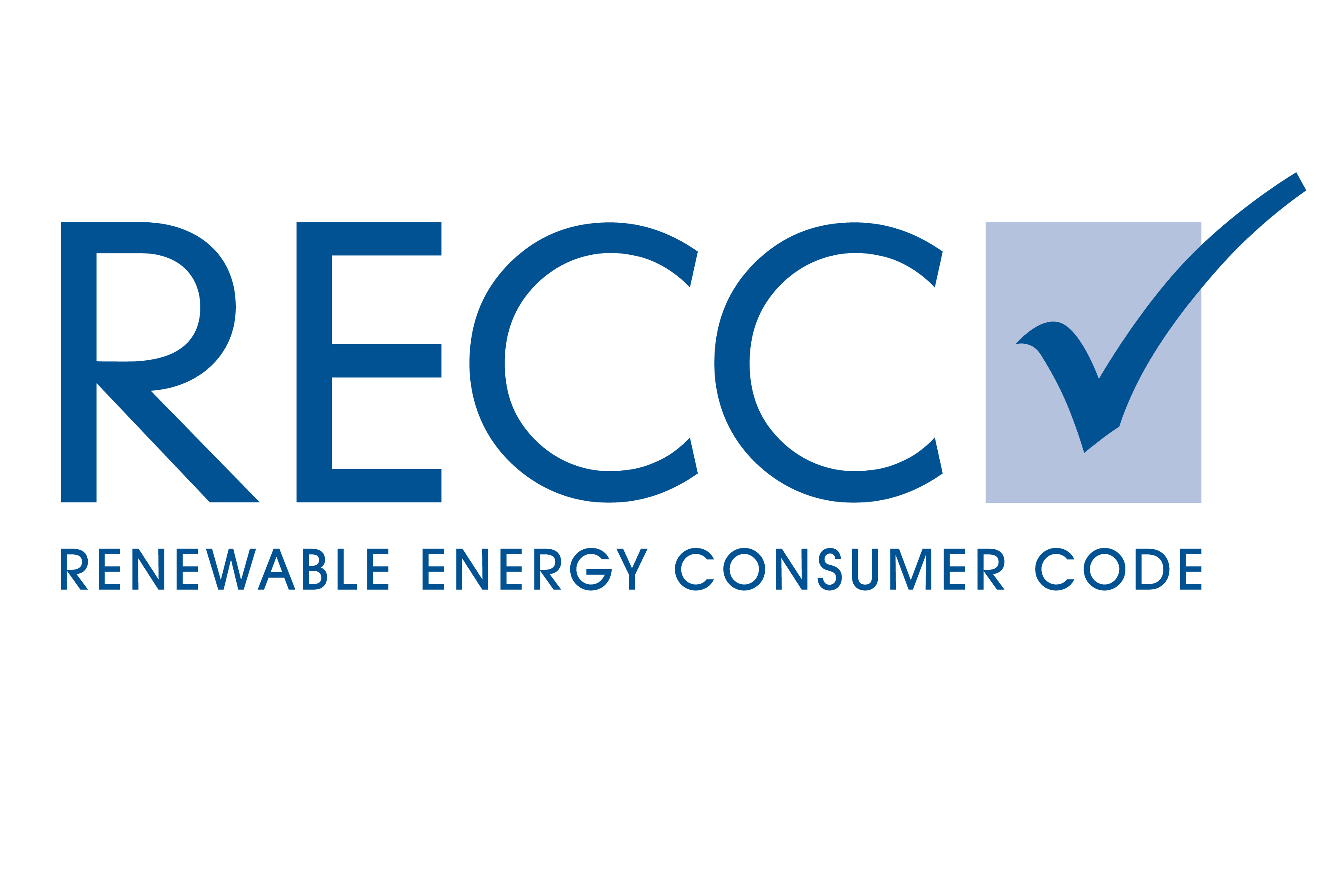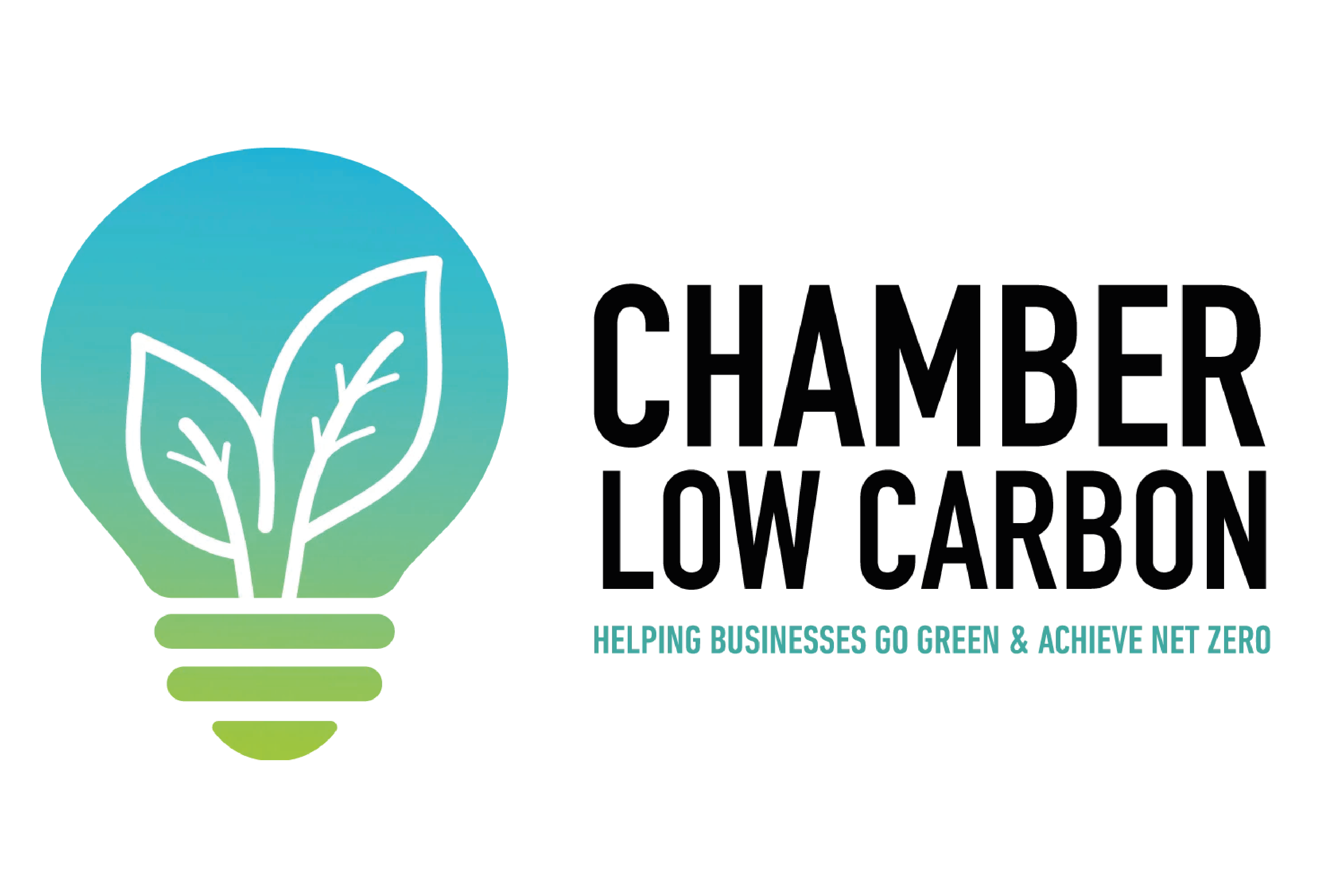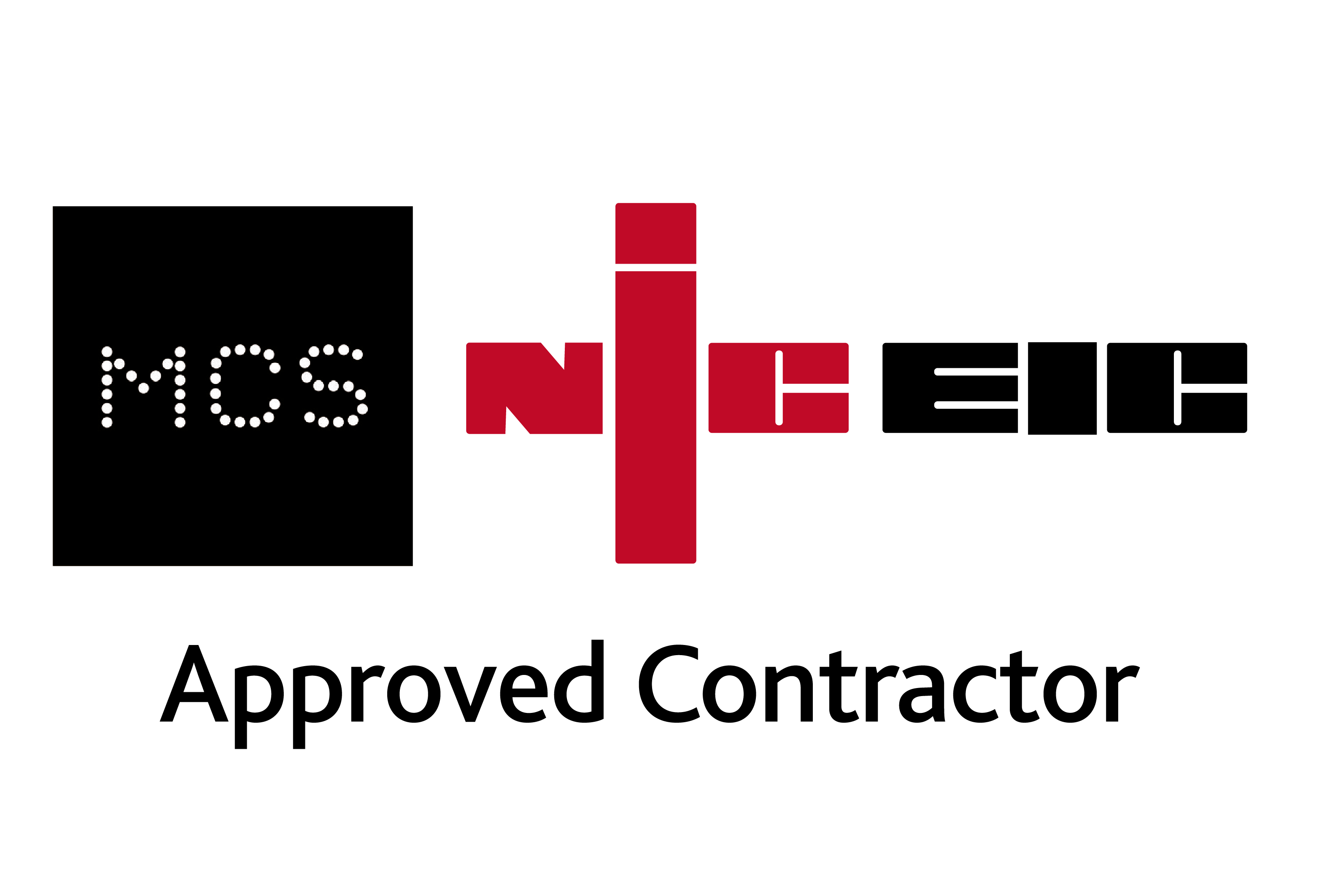
Government urged to increase solar capacity fivefold by 2035
If you’re a regular reader of our blog here at Low Carbon Energy, you may have already seen our recent piece on the new Net Zero report, authored by Tory MP Chris Skidmore. As reports of this type go, it’s particularly notable in that it’s highly comprehensive, and doesn’t just urge action from the government, but puts an actual timescale on its recommendations.

Essentially, one of its crucial aims is to highlight the risk of what would happen if we don’t move fast enough. And in the words of Chris Stark, chief executive of the Climate Change Committee, “to have that from a Conservative MP is very significant indeed.”
However, it’s not just 323 pages of dire warnings – the report also takes care to expound on the numerous economic opportunities posed by a Net Zero economy. The UK has been making significant strides towards that vision, but we’re not quite there yet. In his report, Mr Skidmore makes a total of 25 recommendations that he’s urging the government to achieve within the next two years. One of those focuses on the UK’s solar capacity, which ideally needs to increase five times over by 2035. That’s where our nation’s commercial solar panels will play a major role.
How is the UK currently doing in terms of solar capacity?
To be honest, not too bad at the moment – we could just be doing a lot better. Britain successfully installed 556MW of new solar capacity within the first six months of 2022. That’s an 80% growth in new solar PV installations compared to the same period in 2021.
That now puts our solar capacity at over 15 gigawatts (as of July 2022), which is roughly 2% of the global solar capacity (more than 716.2GW). Granted, that doesn’t sound like too much, but it still puts us in the world’s top 15 solar-producing countries. And on a planet of almost 200 nations, that’s not bad going.
Most of our national growth is being driven by residential installations, ground-mount sites, and large commercial rooftops. That marks a major change from our pre-pandemic years, when there was a more relaxed demand. In these post-pandemic years though, there’s been a renewed focus for business owners on making the most of their commercial rooftop space.
That reaction has partially been sparked by the demonstratively stricter standards to which modern consumers hold brands today. And of course, there’s the unfolding energy crisis that’s been deepened by Russia’s illegal invasion of Ukraine, prompting businesses across the world to look for alternative ways to gain energy security.
All of which makes it fairly easy to believe Chris Hewett, the Chief Executive of Solar Energy UK, when he says that “in a time of economic crisis, growth in UK solar has more than doubled in 12 months, and the trend will continue.”
So then, that’s the situation as it stands. What’s next?
What needs to happen now?
While we’ve made decent enough progress so far, we’ve still got quite a bit to buckle down on.
According to Mr Hewett, the economics of solar development had been reaching a “tipping point” before the Russian invasion of Ukraine, but now the subsequent war and energy crisis has made the technology unquestionably economic in the UK, as we seek to untangle ourselves from our nation’s reliance on Russian oil. He’s now confident that the UK’s solar and storage capacity will double in the next few years, growing to account for about 10% of our energy mix by 2025.
In the more immediate future, the Solar Power Portal says that rooftop solar looks likely to see 30% growth year-on-year. Combine that with the probable 1GW we’ll get from ground-mount solar, and that could bring us easily up to 2GW growth in 2023. That’s encouraging progress, and puts us well on the way to reliably adding to our capacity with each passing year.
However, there are a couple of major obstacles that the industry is still working out how to tackle. Chiefly amongst these are grid constraints, land use debates, and market structures. Right now, grid connection dates and transmission projects are out into the 2030s, which is slowing down the addition of clean solar power to the energy mix. There are also concerns surrounding overdevelopment, where solar farms can end up having a major impact on communities. (All that’s been outlined at the recent Solar Finance and Investment Europe conference earlier this month.)
And while our overall progress towards our energy ambitions may be encouraging, some industry experts are still worried about the current pace of the government’s response. In particular, there are concerns about the “stop-start” policies on Net Zero, especially from people like Tanya Steele, the chief executive of the World Wide Fund for Nature (WWF). Now, Ms Steele wants to see the government “deliver on its promise to meet the Net Zero target with a clear strategy”.
She’s not alone. Various high-profile groups and commentators are joining Mr Skidmore in calling on the government to provide demonstrable pledges and actionable strategies on how to implement these 25 recommendations. Time will tell how the government will respond.
In the meantime though, there’s nothing stopping you from transforming your own business energy supplies with commercial solar panels. As Chris Hewett pointed out, the technology has never been more economical, and in fact the cost of solar panels has dropped by over 80% in the last decade.
And if it’s something you’re already considering, that’s where we can help. Our experts have over 30 years of combined experience, having helped SMEs and large corporations across a wide variety of sectors transform their business’ energy supply.
Each of our installations is bespoke, and we tailor your solution on your specific energy profile, helping us to maximise carbon reductions and save you up to thousands of pounds in energy bills. Feel free to look at our case studies for just a few examples of businesses which have reaped huge rewards from solar, such as Boeing and Irish Water. To find out how we can help you, feel free to give us a call today on 01282 421 489!
 Energy Technology
Energy Technology

Powering your present. Preserving your future.
Call us on 01282 421 489

strategy be a priority?

